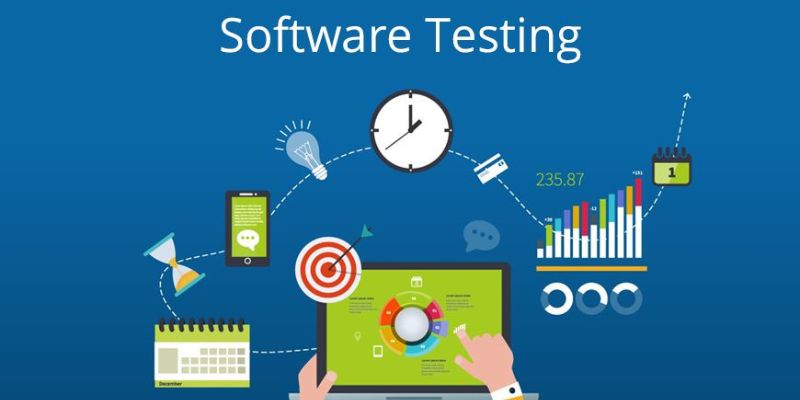In software development, ensuring that an application functions correctly is crucial. Functional testing plays a vital role in verifying that software behaves as expected according to its requirements. This type of testing ensures that each feature of the application operates properly and meets the needs of its users. Several essential types come into play when achieving comprehensive functional testing. Understanding these can help in creating robust and reliable software. For those interested in mastering these techniques, a Software Testing Course in Coimbatore can provide valuable insights and hands-on experience, helping professionals develop the skills needed to excel in functional testing.
Types of Essential Functional Testing
Unit Testing
Unit testing is the foundational level of functional testing. It involves testing individual components or units of a software application in isolation. The goal is to verify that each unit performs as intended. Developers typically perform this type of testing during the coding phase and is crucial for catching bugs early in the development process.
Integration Testing
Once unit testing is complete, integration testing takes over. This type of testing focuses on the interactions between different components or systems. It ensures that when combined, these units work together seamlessly. Integration testing helps identify issues that might arise when different modules or services interact, which might not be evident during unit testing.
System Testing
System testing is conducted after integration testing and involves evaluating the entire software system. The goal is to ensure the integrated system meets the specified requirements and functions correctly in a real-world scenario. This type of testing is comprehensive and examines the software’s behavior in a complete and operational environment. For those interested in mastering system testing, a Software Testing Course in Hyderabad provides valuable training and practical experience in this critical aspect of software development.
Acceptance Testing
Acceptance testing determines whether the software meets the criteria for its intended use. This type of testing is often performed by end-users or QA teams and focuses on ensuring that the software aligns with business requirements and user expectations. Acceptance testing can be further divided into alpha and beta testing, with alpha testing conducted internally and beta testing involving real users.
Regression Testing
Regression testing is essential for maintaining the software’s integrity after changes or updates. Whenever a new feature is added or a bug is fixed, regression testing ensures that the existing functionality remains unaffected. This type of testing helps verify that new code does not introduce new issues or disrupt previously working features.
Smoke Testing
Smoke testing, often referred to as “sanity testing,” is a preliminary test performed to check the software’s basic functionality. It involves running key test cases to ensure the application is stable enough for more detailed testing. Smoke testing helps identify major issues early, preventing further testing if the application is fundamentally broken.
Functional testing is a critical aspect of software development that ensures an application performs as expected. Developers and QA teams can identify and address issues effectively by incorporating various testing types—unit testing, integration testing, system testing, acceptance testing, regression testing, and smoke testing. Each type of testing serves a unique purpose and provides a comprehensive approach to validating software functionality. Understanding and implementing these essential functional testing types is key to delivering high-quality, reliable software that meets user needs and expectations. For those looking to enhance their expertise in these areas, a Software Testing Course in Pondicherry offers valuable insights and practical skills to master functional testing techniques.
